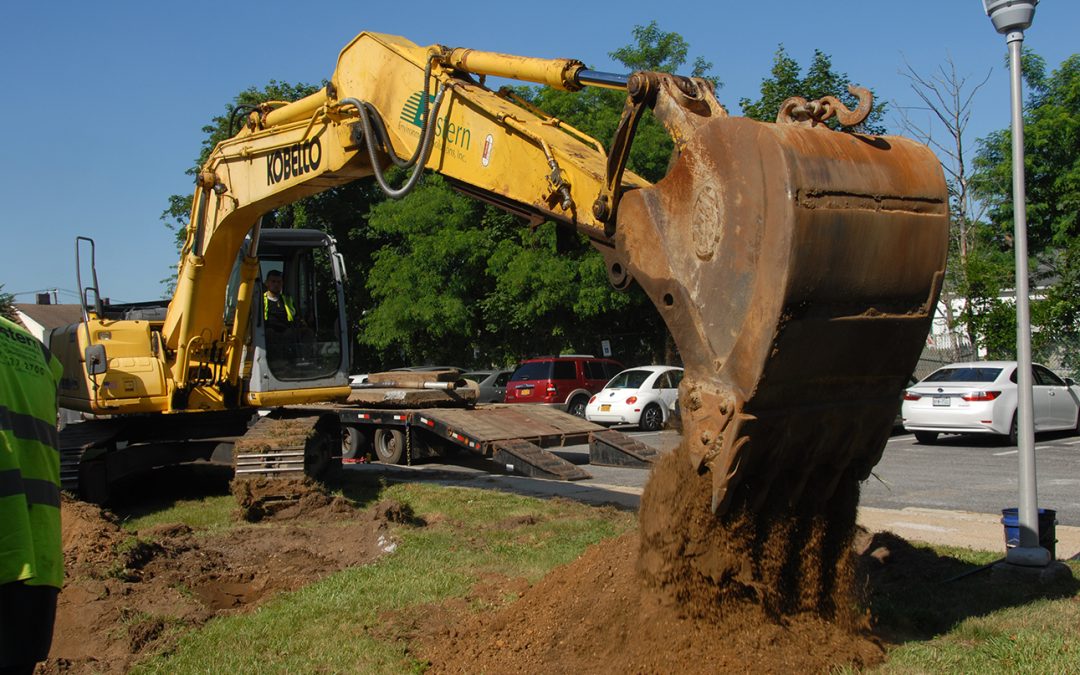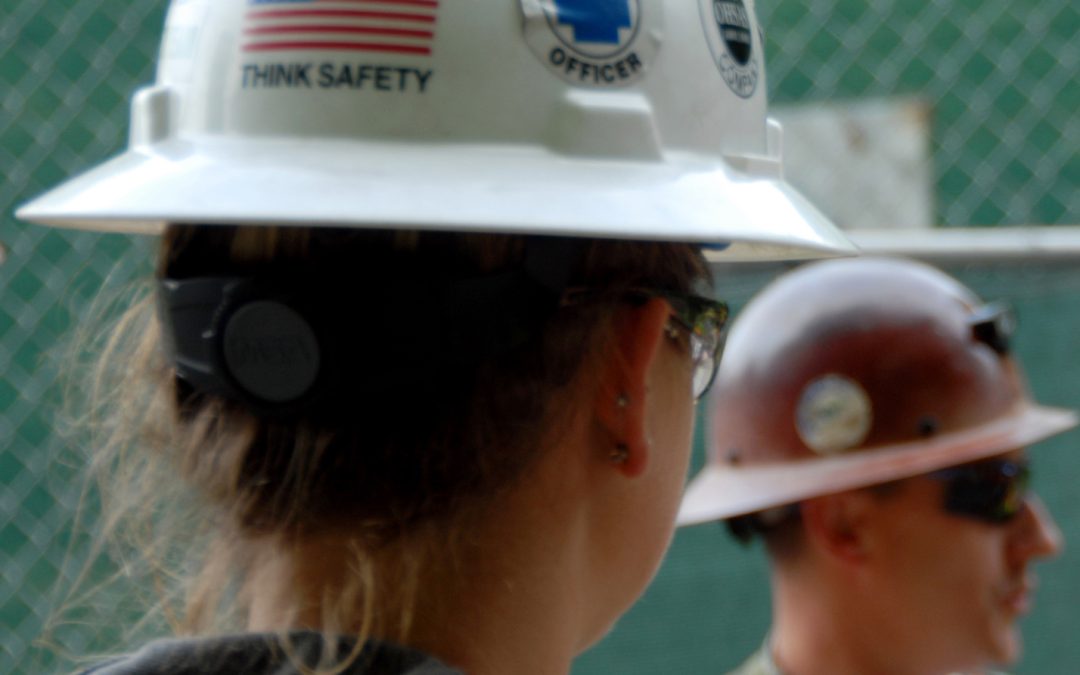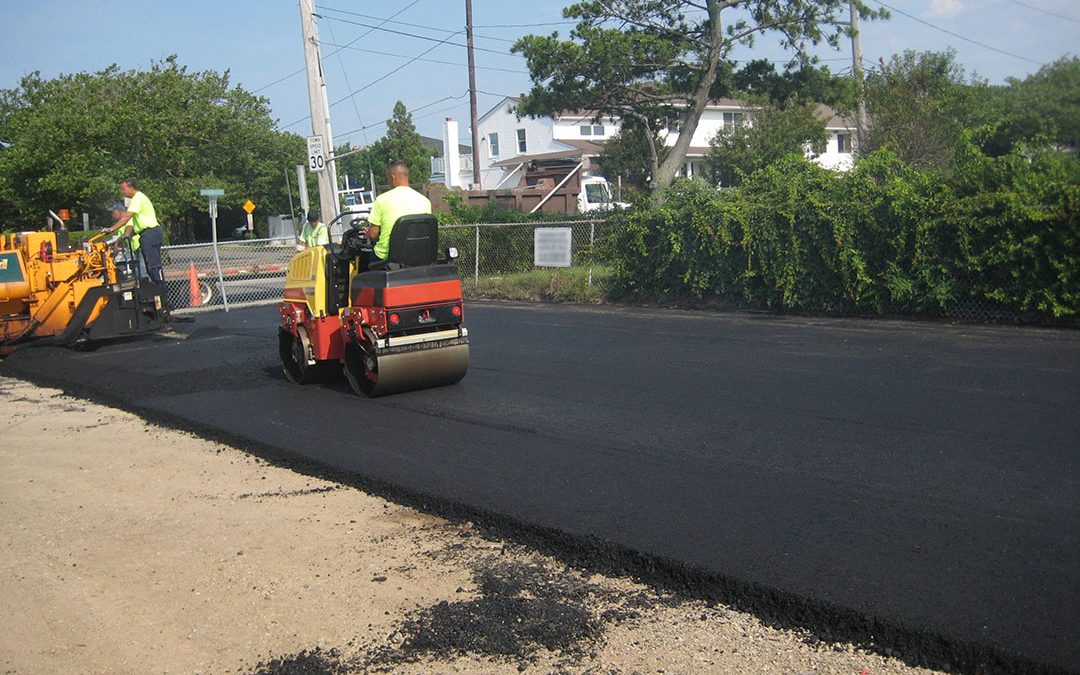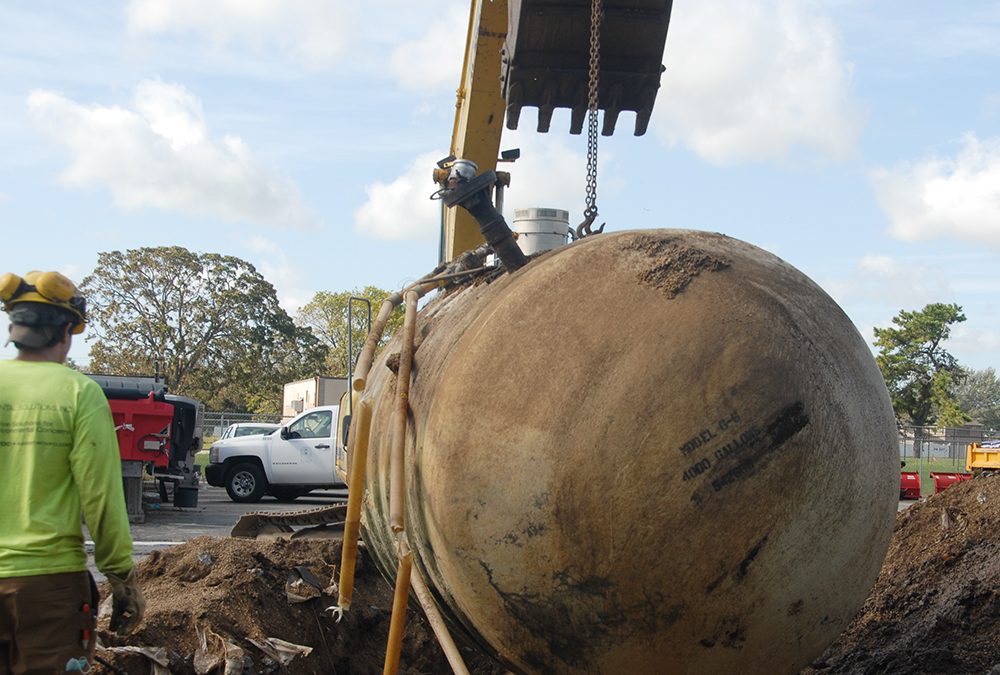
Why Is Erosion and Sediment Control Important?
Erosion is a natural process that involves the transportation of sediment from one location to another by wind or water. Human-driven processes such as construction can exacerbate the rate of erosion, impacting the surrounding ecosystems. Implementing an Erosion and...

Your Guide to EHS in Manufacturing
Why is a strong safety program important for your organization? To address the problem of workplace accidents and fatalities, the federal government created the Occupational Safety and Health Administration (OSHA) in 1971. OSHA defines safety requirements clearly and...

OSHA’s Top 10 Violations–2023
The safety and health of employees is a critical issue confronting managers in industries such as manufacturing and construction. But no matter what stage your organization may be at in its safety journey, you must have the most current information available to make...

Ergonomics and Workplace Safety
Ergonomics is an applied science that encompasses the design and arrangement of the products, tools, or methods people use in their environment that fit job requirements and personal capabilities while allowing for efficiency and safety. Ergonomics safety principles...

Reducing PFAS in the Metal-Finishing Industry
What Are PFAS? Perfluoroalkyl and polyfluoroalkyl substances (PFAS) are a class of manufactured chemicals invented in the 1930s. One of the first known examples was the invention of non-stick cookware by DuPont in 1946 which features a chemical coating with the brand...

Fueling Controversy: The Dark Truth of Using Diesel as a Solvent
A solvent is a substance – typically in a liquid state – that is capable of dissolving, suspending, or extracting materials without inducing a chemical reaction. The effectiveness of a solvent is determined by the degree of chemical similarities between the solvent...

Connecticut’s Newest Underground Storage Tank Proposal
At the time of conception of underground storage tanks (USTs), inventory losses were the lone inspiration for tank regulation. The year 1984 marked a shift in focus from financial losses to environmental and health protection; the Subtitle I RCRA amendments developed...

OSHA’s Updated HCS (HAZCOM) Standard: What Do You Need to Know?
The Occupational Safety and Health Administration (OSHA) of the United States Department of Labor first published the Hazard Communication Standard (HCS or HAZCOM Standard) [29 CFR 1910.1200] in 1983, which required those who produce or import chemicals to assess the...

OSHA Rule Allowing Third Parties to Attend Walkaround Inspections Finalized
In late March 2024, OSHA amended the OSH Act in the section pertaining to representatives on walkaround inspections. Specifically, the regulation had stated that only employees of an organization could be authorized as employee representatives on inspections. ...

EHS Audit Preparation
If your business was surprised with an environmental health and safety (EHS) audit today, would it pass? Many times, the answer is no. An EHS audit is used to assess regulatory compliance in the workplace. Many different agencies can conduct an EHS audit, such as the...
